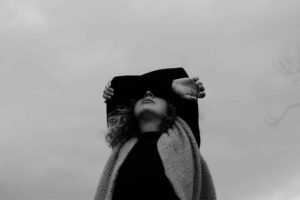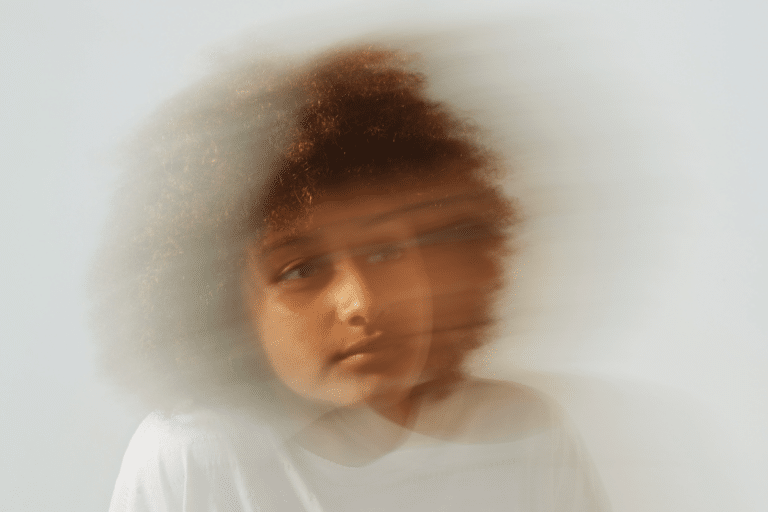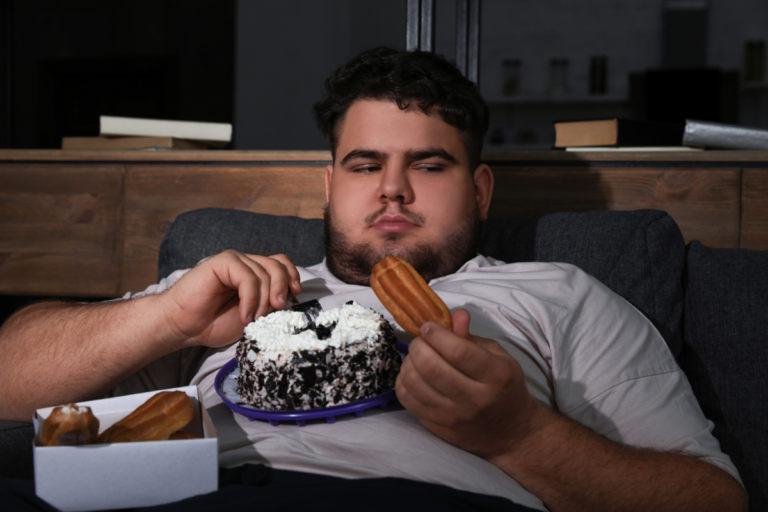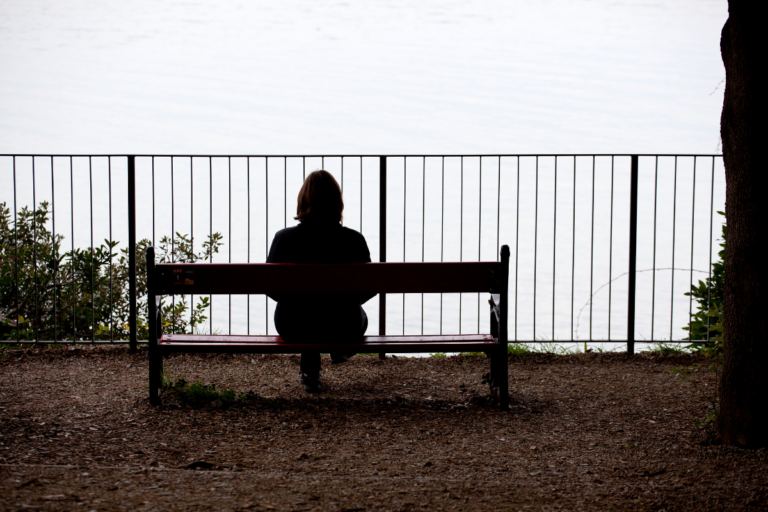
Depression is a mental illness belonging to a group of affective disorders. It represents the leading cause of disability worldwide and is called bipolar depression or unipolar depression depending on whether it is part of bipolar disorder or major depressive disorder, respectively.
In this article, we will address important information about this way of classifying depression and the symptoms that lead to one diagnosis or another.
Differences between bipolar & unipolar depression
As previously mentioned, the “bipolar” and “unipolar” nomenclature is intended to indicate in which context a depressive episode occurs.
But, are there really two types of depression with different characteristics? Studies have concluded that both, unipolar depression and bipolar depression, are caused by the same biological mechanisms, what varies are the antecedent symptoms of mania (bipolar I disorder) or hypomania (bipolar II disorder) in bipolar depression.
What differences do people with depression report?

The interest in differentiating the symptoms of one type of depression from another is what motivated studies to identify how patients perceive the symptoms of unipolar depression and those of bipolar depression.
A study indicates that in unipolar depression, the mood is usually described as sad, the patient describes a bodily sensation similar to laziness and has the impression of losing the possibility of having hope. On the other hand, this same study indicates that in bipolar depression the mood is described as dull, the body is perceived as heavy and difficult to move, thinking is slowed down with difficulty in understanding, and hopelessness is described as more intense.
How do I know if I’m depressed?
People often confuse sadness (symptom) with depression (illness).
The basic criterion for diagnosing a depressive episode is the persistence of a sad/irritable mood every day, most of the day for at least two weeks, often accompanied by a loss of interest in previously pleasurable activities.
The Diagnostic Statistical Manual, fifth edition (DSM-V) establishes a list of diagnostic criteria to be assessed by the mental health specialist for an accurate diagnosis of either MDD or bipolar disorder.
How to recognize bipolar depression

A depressive episode is called bipolar when the person suffering from it has had a history of mania (bipolar I disorder) or hypomania (bipolar II disorder).
The diagnosis should always be made by a mental health specialist; however, it is useful to know some signs that allow us to identify when it is necessary to seek help. Depression as part of bipolar disorder can alternate with episodes of mania and hypomania or be the dominant pole in the illness.
Bipolar I disorder
It is characterized by the presence of at least one episode of mania in the patient’s life.
Mania is characterized by elevated mood accompanied by inflated self-esteem, increased thought pressure, decreased need for sleep, increased speed of speech, and the presence of risk behaviors (promiscuity, compulsive shopping, gambling, etc).
The intensity of the symptoms usually affects the patient’s functionality requiring hospitalization.
Bipolar II disorder
It is diagnosed when there are episodes of hypomania alternated with depressive episodes. Hypomania is characterized by symptoms similar to mania but at a lower intensity, these symptoms do not interfere with the normal functioning of the patient in his environment and do not require hospitalization.
When symptoms are not properly investigated, bipolar II disorder can go unrecognized and lead to a misdiagnosis of unipolar depression, especially in women.
Although bipolar and unipolar depression share biological causes, pharmacological treatment varies depending on the type of depression.
If you suspect that you or your loved one may be experiencing symptoms of depression, do not hesitate to contact us to be treated by our mental health specialists.
Edited by:
Animo Sano Psychiatry is open for patients in North Carolina. If you’d like to schedule an appointment, please contact us.
Other Blog Posts in
Animo Sano Psychiatry is open for patients in North Carolina, Georgia and Tennessee. If you’d like to schedule an appointment, please contact us.
Get Access to Behavioral Health Care
Let’s take your first step towards. Press the button to get started. We’ll be back to you as soon as possible.ecovery, together.




